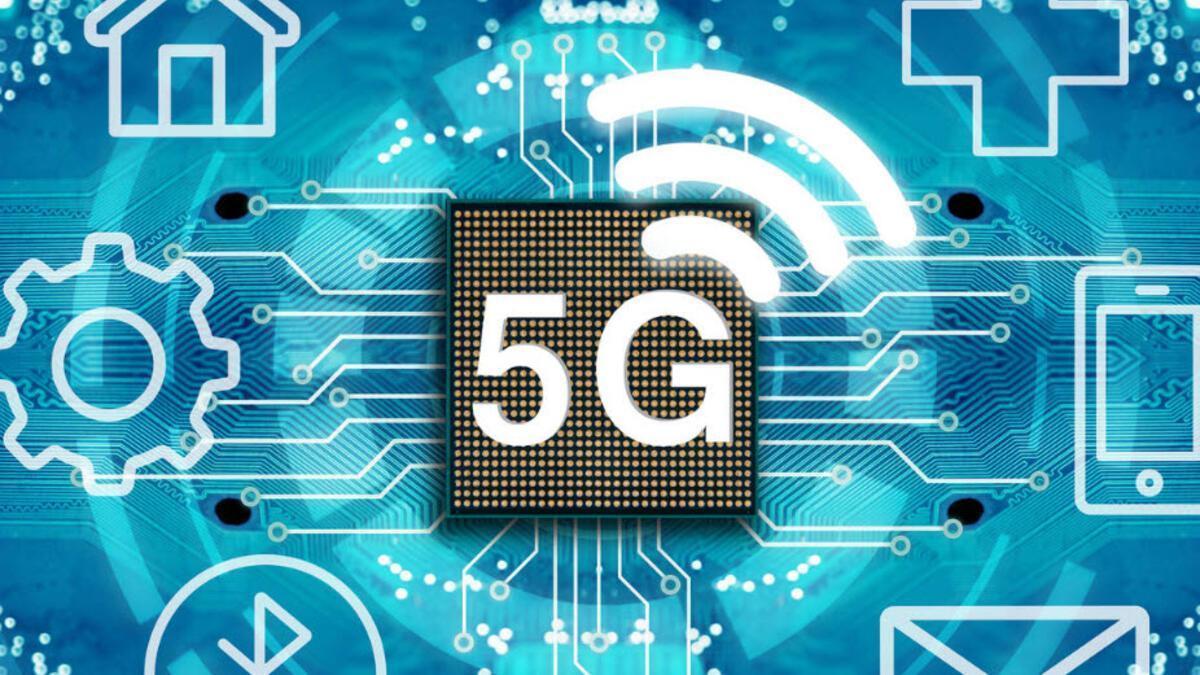
As the United States grapples with the fifth generation (5G) technology standard of wireless communications rollout affecting airlines, a European Union watchdog has warned the EU faces much bigger economic and security threats unless member countries step up cooperation.
The alarm bells are included in a special report on the 27-nation bloc’s preparations for 5G, AP reported on Jan. 24.
The study by the European Court of Auditors has a two-pronged clarion call, saying Europe is falling behind North America and Asia in the rollout of 5G networks and the EU needs to beef up its strategy to counter accompanying national-security risks.
“There are considerable delays in the member states’ deployment of 5G networks and further efforts are necessary to address security issues in 5G deployment,” the Luxembourg-based ECA said in its 69-page evaluation.
The world is rushing to install 5G infrastructure as a result of its higher data capacity and transmission speeds, which promise to transform everything from car driving and livestock farming to sports broadcasting and goods manufacturing.
In this race with high economic stakes, EU nations are moving too slowly because of a failure to do things such as assign radio spectrum for 5G services, according to the ECA.
It said a majority of the bloc’s member states is set to miss a common rollout target fixed for 2025, when they are supposed to ensure uninterrupted 5G coverage in urban areas and along main transport routes.
By mid-decade, just 35 percent of all mobile connections in Europe will be based on 5G compared with 51 percent in North America and 53 percent in Australia, Japan, Singapore and South Korea, according to a telecommunications industry study cited by the ECA. The projected 2025 figure for China, Hong Kong, Macau and Taiwan is 48 percent.
“There is a high risk that the 2025 deadline - and therefore also the 2030 one for the coverage of all populated areas - will be missed by a majority of member states,” the ECA said.
The lost economic benefits for the EU could be large. 5G is expected to trigger exponential increases in the consumption of data in a bloc, where services account for about 70 percent of gross domestic product.
Citing a separate study, the ECA indicated that 5G could add as much as 1 trillion euros ($1.1 trillion) to the European economy and create or transform 2 million jobs between 2021 and 2025.
But such economic rewards require a lot more spending on 5G, whose deployment across the EU until 2025 could cost almost 400 billion euros ($452 billion), according to the ECA. These funds need to come primarily from mobile network operators, it said.
The ECA highlighted member-state divergences in the treatment of Chinese 5G vendors such as Huawei, which face U.S. allegations of serving the geopolitical ambitions of China’s Communist Party.
While the U.S. government has taken a hard line against Chinese suppliers’ involvement in American 5G networks, the European Commission - the EU’s executive arm - has tread more carefully. A key constraint for the European Commission is that national-security decisions remain in member countries’ hands.
Although the EU has come up with a “toolbox” to align national approaches to classifying high-risk 5G vendors, ambiguities exist and the whole initiative needs more bloc-wide regulatory teeth, according to the ECA.
“There remains a risk that the toolbox in itself cannot guarantee that member states address security aspects in a concerted manner,” the organization said.